20 Male Stars From the Past Who Had Serious Feminist Energy
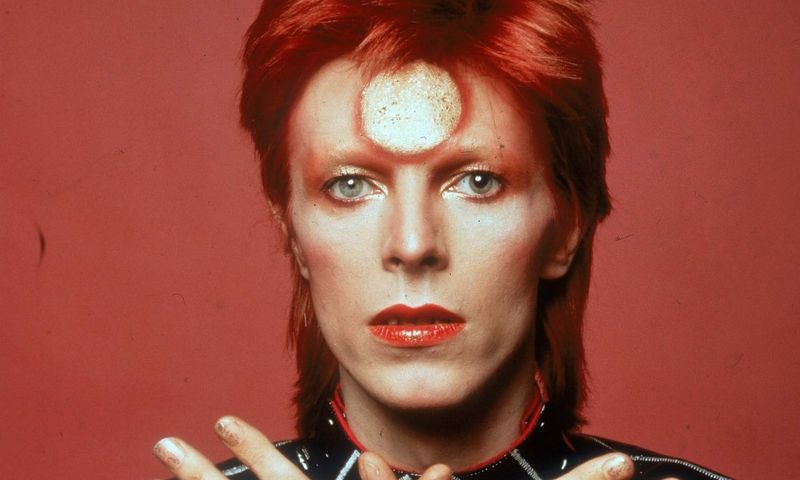
Feminism isn’t just a woman’s cause—it’s about equality for everyone. And while Hollywood hasn’t always been a beacon of progressive values, certain male stars from the past used their fame and influence to promote gender equality, challenge toxic masculinity, and uplift the women around them. These 20 men weren’t just icons on screen; they were role models off it. Whether through their art, activism, or simply the way they treated their female co-stars and partners, each of these men projected a kind of feminist energy that still resonates today.
1. Fred Rogers
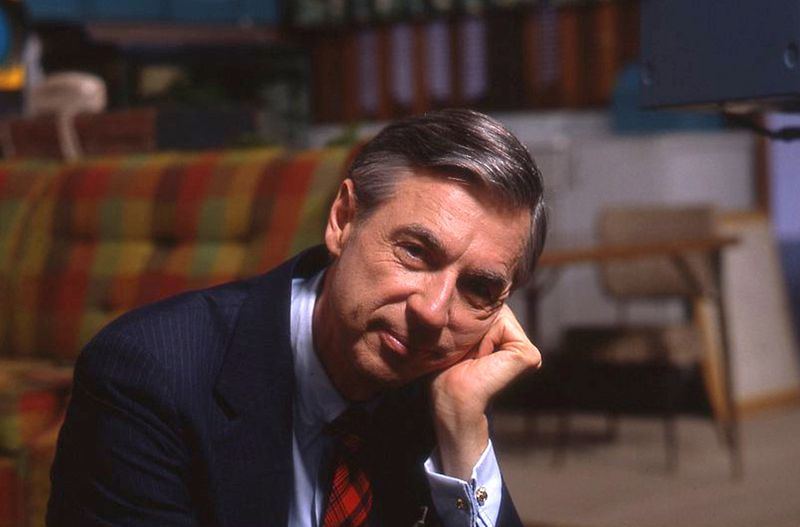
Behind his soft-spoken demeanor, Fred Rogers was a quiet revolutionary. His children’s show emphasized emotional intelligence, which was especially radical in a culture that discouraged boys from expressing feelings.
He never subscribed to rigid gender roles, often showing care and empathy that many perceived as “feminine” traits. Rogers encouraged boys and girls alike to love themselves and others, equally and openly.
By treating kindness and vulnerability as strengths—not weaknesses—he helped dismantle traditional masculinity on national television. In many ways, his approach to human development was deeply aligned with feminist values.
2. David Bowie
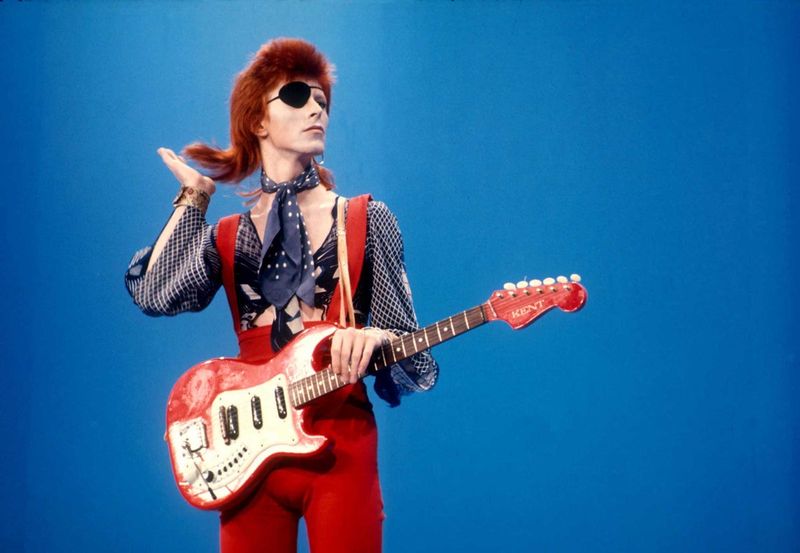
Rather than conforming to cultural norms, David Bowie shattered them with glitter, eyeliner, and unapologetic confidence. He challenged gender expectations both on stage and off, bending the rules of masculinity in a way that inspired millions.
His personas—Ziggy Stardust and Aladdin Sane—weren’t just style statements; they were acts of defiance. Bowie made space for fluidity, expression, and acceptance in an industry that rewarded conformity.
By celebrating identity in all its forms, Bowie gave permission to be different. That freedom benefited men and women alike—and created ripple effects in pop culture and beyond.
3. Alan Alda
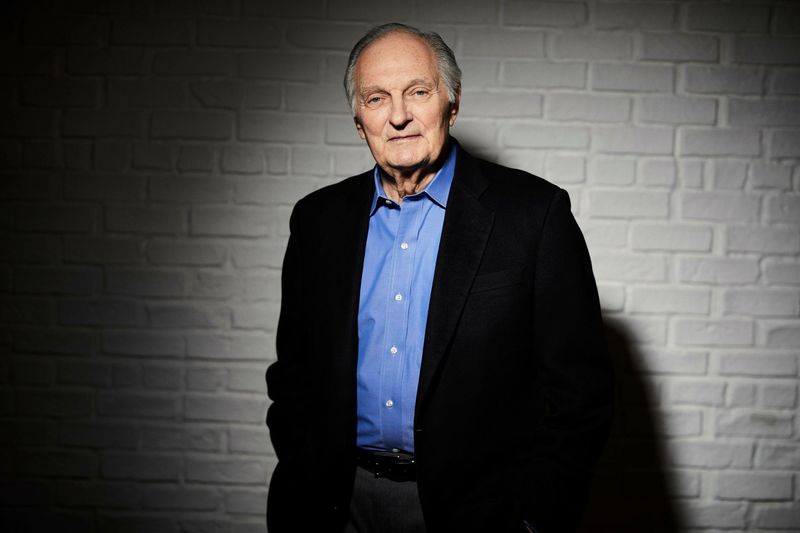
Most remember Alan Alda for his role in MASH*, but his legacy goes far beyond television. He was one of the few male celebrities in the ’70s and ’80s who openly identified as a feminist.
Alda served on the board of the Feminist Majority Foundation and frequently spoke at women’s rights events. He advocated for equal pay and openly criticized sexist double standards in media.
He didn’t just play progressive characters—he lived by those values. In a time when it wasn’t fashionable or expected, Alda stood up for equality without hesitation.
4. John Lennon
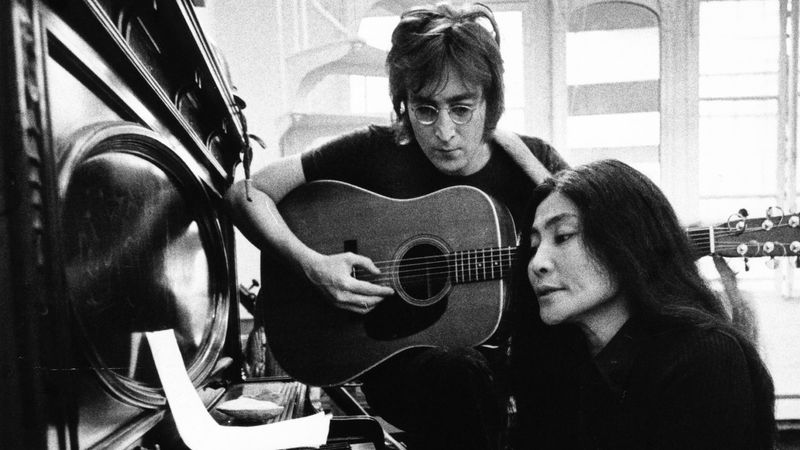
Famous for his peace anthems, John Lennon also used his platform to discuss the injustices women face.
Lennon admitted his own past misogyny and actively worked to unlearn it. His transformation—from a man shaped by patriarchy to a vocal supporter of feminism—was powerful and public.
He and Yoko Ono viewed their relationship as a partnership of equals, and they often discussed dismantling gender roles together. His honesty made his message all the more impactful.
5. Harry Belafonte
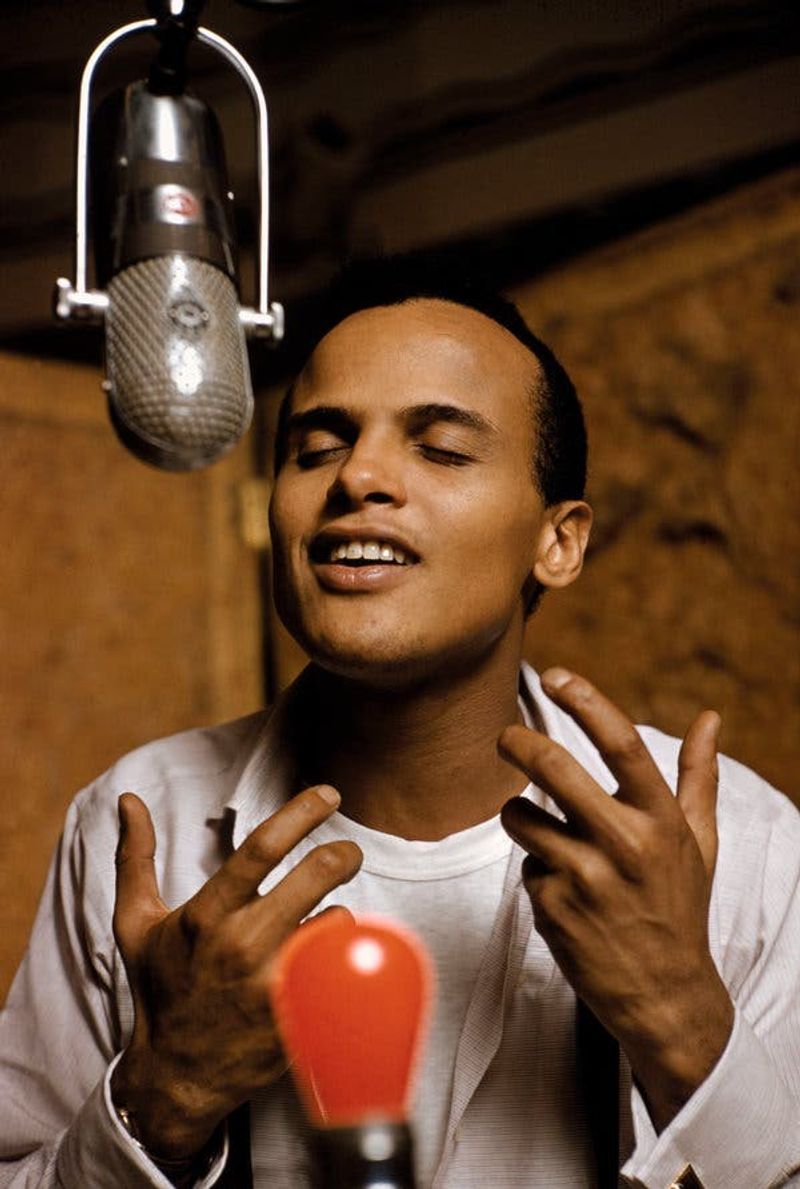
As a performer and activist, Harry Belafonte consistently stood up for justice. While most associate him with civil rights, his advocacy included gender equality, too.
He worked closely with feminist leaders like Gloria Steinem and often promoted intersectionality before the term became mainstream. Belafonte emphasized that the fight for racial justice couldn’t succeed without gender equity.
His respect for women, both in activism and entertainment, was unwavering. Belafonte wasn’t just a supporter of women’s rights—he was an ally who actively elevated women’s voices on stage and off.
6. Paul Newman
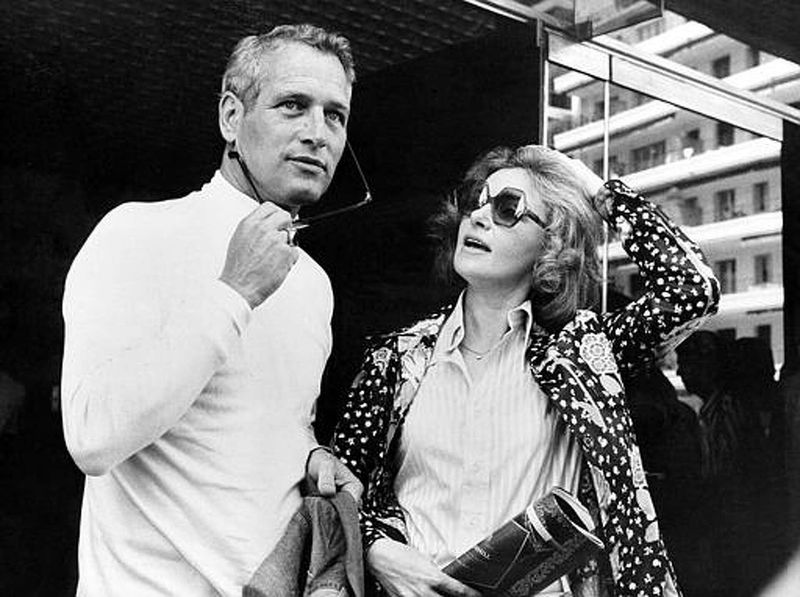
Known for his piercing blue eyes and cinematic cool, Paul Newman was also a quiet champion of gender equality. He and his wife Joanne Woodward shared an unusually balanced Hollywood marriage, often crediting each other as equals in work and life.
Behind the scenes, Newman’s business ventures reflected his values. He donated millions to causes supporting marginalized communities, including women’s health and education.
Newman never sought the spotlight for his philanthropy, but his actions spoke volumes. He supported feminism in practice, not just in principle.
7. Marlon Brando
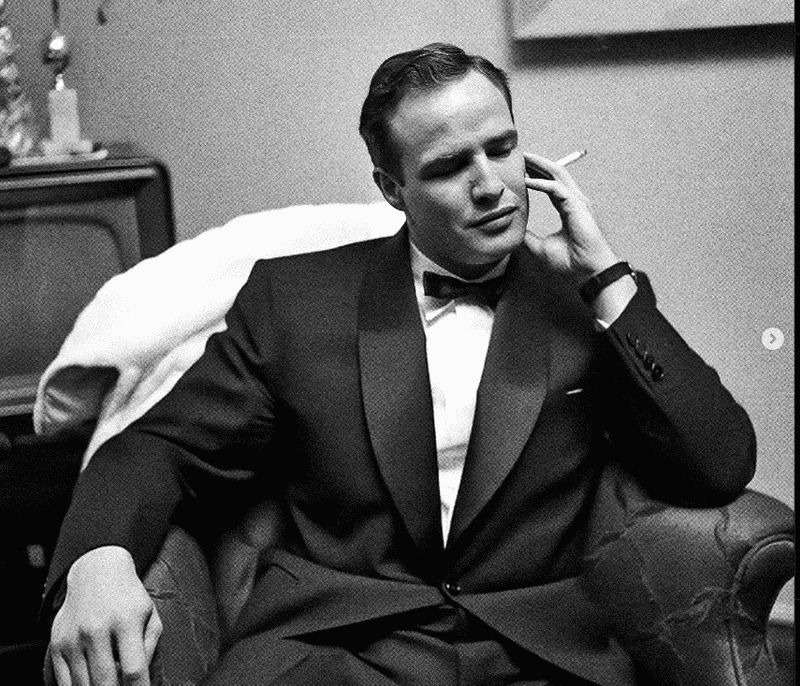
While Marlon Brando’s personal life was complex, his worldview often challenged outdated norms. In interviews and speeches, he railed against oppressive systems—including those that disadvantaged women.
He frequently chose roles that exposed societal flaws, and he wasn’t afraid to portray emotionally vulnerable men. In doing so, he made space for broader expressions of masculinity.
Brando also defended women’s rights publicly and privately, supporting causes related to reproductive freedom and civil liberties. Though not without flaws, his forward-thinking stance was rare for his time.
8. Cary Grant
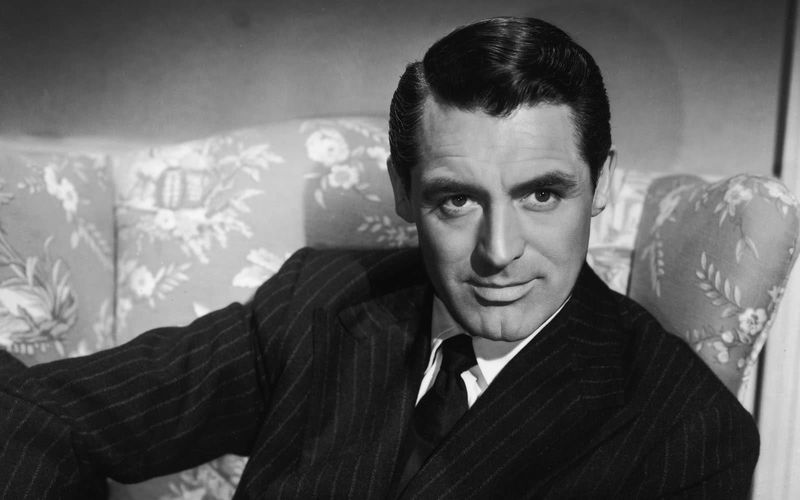
Elegance and charm defined Cary Grant onscreen, but his off-screen relationships were just as noteworthy. He respected and often deferred to his female co-stars, creating an environment of mutual admiration.
Grant wasn’t afraid to play sensitive or non-dominant male roles, a contrast to the hyper-masculine leads of his era. His performances highlighted emotional depth, mutual respect, and humor rather than dominance.
Colleagues noted his generosity and professionalism with women on set. For a man who defined silver screen masculinity, Grant made room for a gentler, more respectful model of manhood.
9. Patrick Swayze
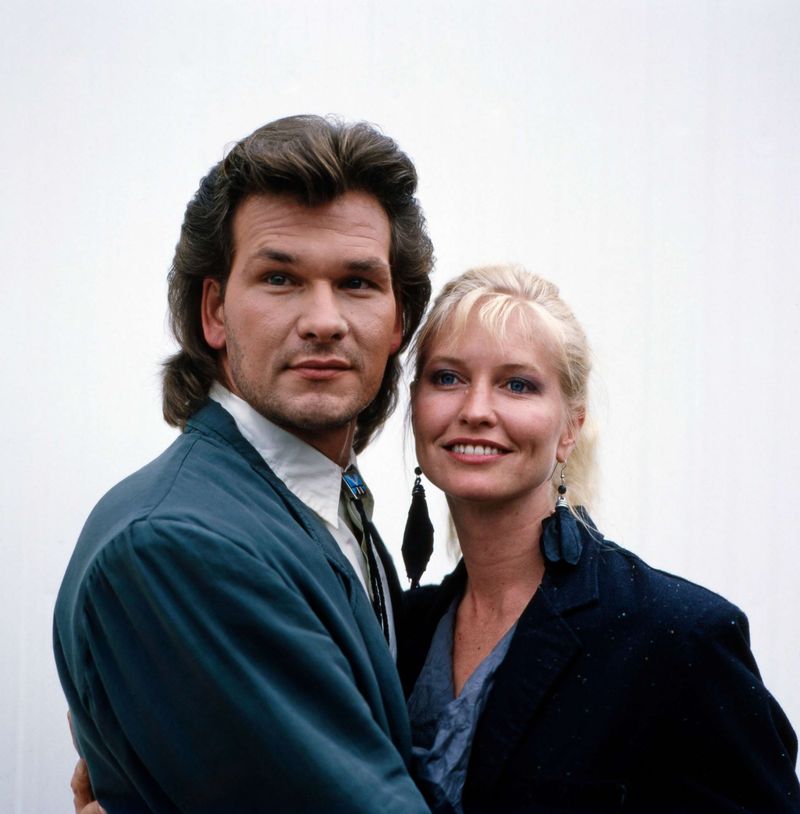
Best remembered for Dirty Dancing, Patrick Swayze portrayed a male lead who prioritized consent and mutual empowerment. His character’s respect for the heroine helped redefine the romantic hero archetype.
In real life, Swayze had deep admiration for strong women, especially his wife and dance partner, Lisa Niemi. He often praised her talent and intellect, citing their partnership as the foundation of his success.
He believed in emotional openness and often challenged stereotypes about what men should be. Swayze wasn’t afraid to be graceful, sensitive, and strong—all at once.
10. Gregory Peck
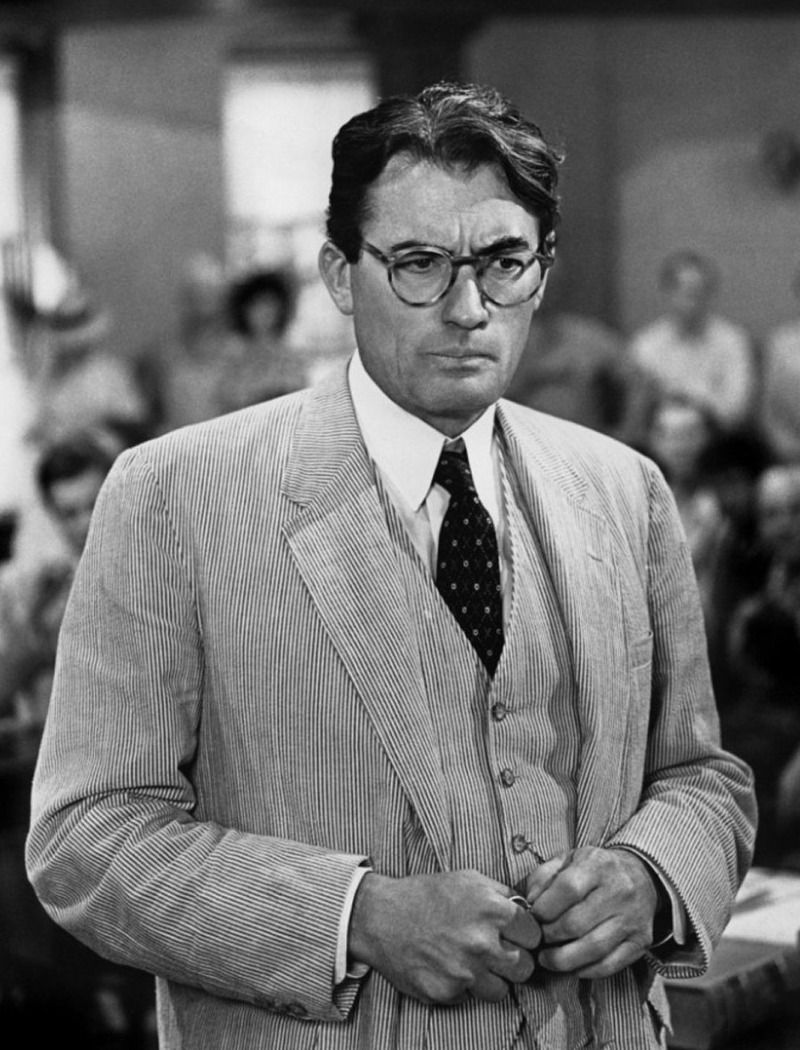
Iconic roles like Atticus Finch made Gregory Peck a symbol of integrity, but his off-screen beliefs were equally progressive. He supported social justice and openly backed the Equal Rights Amendment.
Peck treated his female co-stars with great respect and fought against discrimination in Hollywood hiring practices. He also raised his daughters to be strong, independent thinkers.
In interviews, he frequently discussed his belief in equal opportunity. His roles reflected those ideals, portraying men who stood up for what’s right—even when it wasn’t easy.
11. Richard Burton
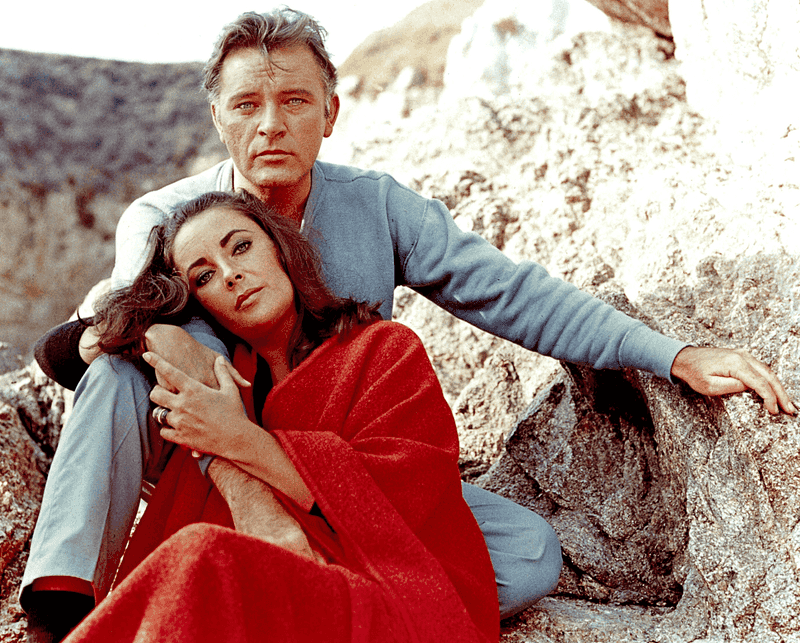
More than just a leading man, Richard Burton admired intelligence and independence in women—especially Elizabeth Taylor, whom he deeply respected.
Their relationship may have been tumultuous, but Burton often referred to Taylor as the more talented and powerful of the two. He didn’t shy away from sharing the spotlight or challenging the ego-driven norms of male actors.
His public support for her career and social causes—including her early HIV/AIDS activism—reflected an appreciation for strong female leadership. That reverence made his stardom more complex and compelling.
12. Leonard Nimoy
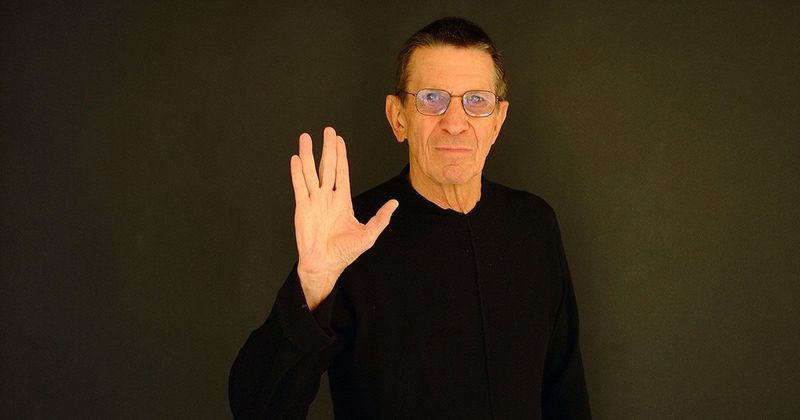
Fans know Leonard Nimoy as Spock, but he also used his fame to champion feminist causes. One of his lesser-known projects involved photographing plus-size women in empowering poses, defying harmful beauty standards.
He frequently called for better female representation in media and sci-fi, pushing for more complex and dignified roles for women. Nimoy treated his co-stars as equals and was known for advocating behind the scenes.
He believed in inclusive storytelling and respected the intellect and agency of women in every sphere. His quiet activism was deeply meaningful.
13. Robert Redford
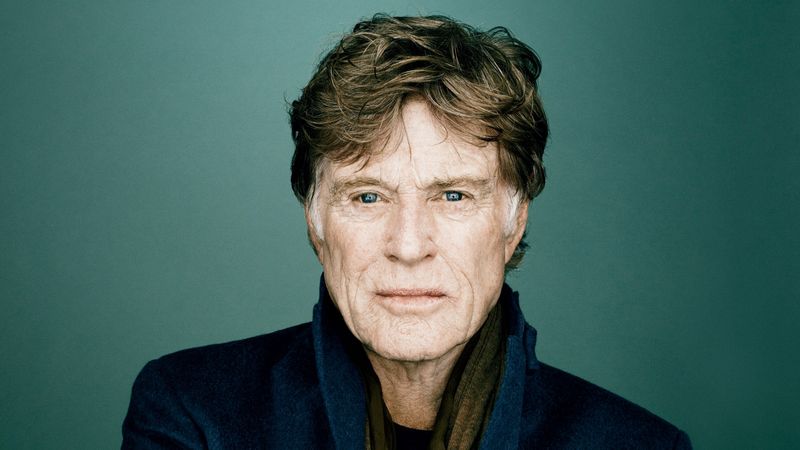
Through the Sundance Institute, Robert Redford became one of the earliest Hollywood figures to promote female filmmakers. He funded and supported the work of women long before it became a trend.
Redford understood the importance of letting women control their narratives. Many of the films he supported through Sundance featured complex female protagonists and challenged industry norms.
He also advocated for environmental and social causes, many of which focused on empowering women globally. Redford’s commitment was steady, serious, and ahead of his time.
14. Desi Arnaz
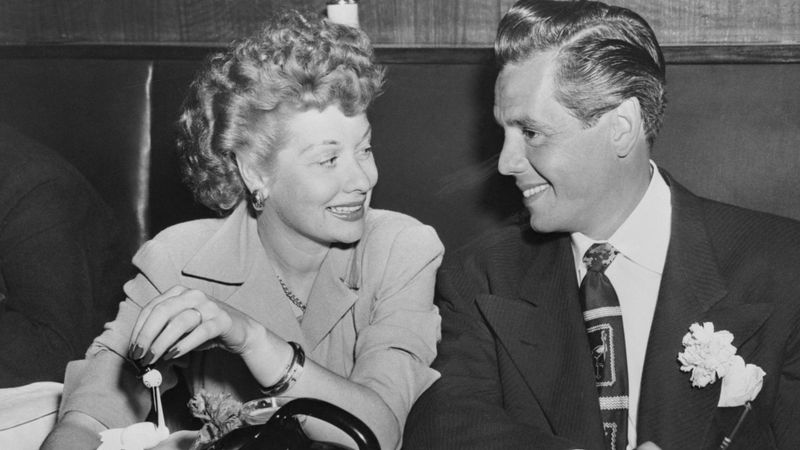
Though Lucille Ball was the face of I Love Lucy, Desi Arnaz was the man who helped make her a television powerhouse. He didn’t just support her; he built a business model around her creative vision.
As co-founder of Desilu Productions, Arnaz gave Ball unprecedented control in an industry dominated by men. Their partnership—though complicated—was built on mutual respect and ambition.
Arnaz often said Lucille was the genius and didn’t try to take credit for her success. That kind of humility is rare in any era.
15. Rock Hudson
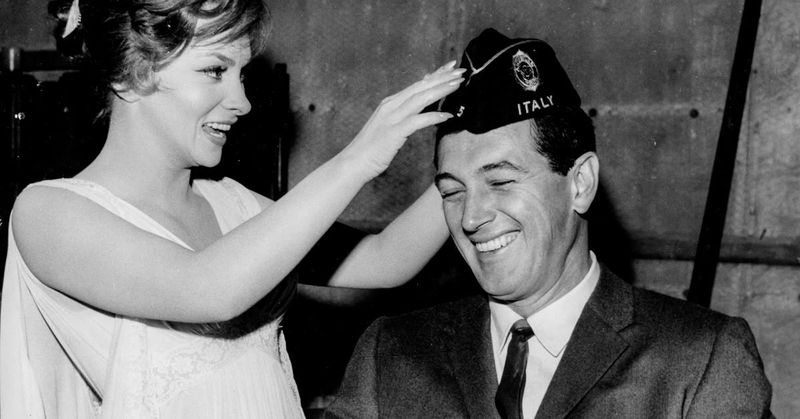
Long before conversations around toxic masculinity were mainstream, Rock Hudson offered a quiet rebellion against male stereotypes. He treated his female colleagues with kindness and dignity, always resisting Hollywood’s machismo.
Though he lived much of his life closeted, Hudson never aligned with the hyper-aggressive behavior typical of leading men of his time. He portrayed love and vulnerability with rare grace.
After his death, his legacy helped shift conversations around AIDS, compassion, and male vulnerability. His life forced the public to reexamine assumptions about masculinity.
16. James Garner
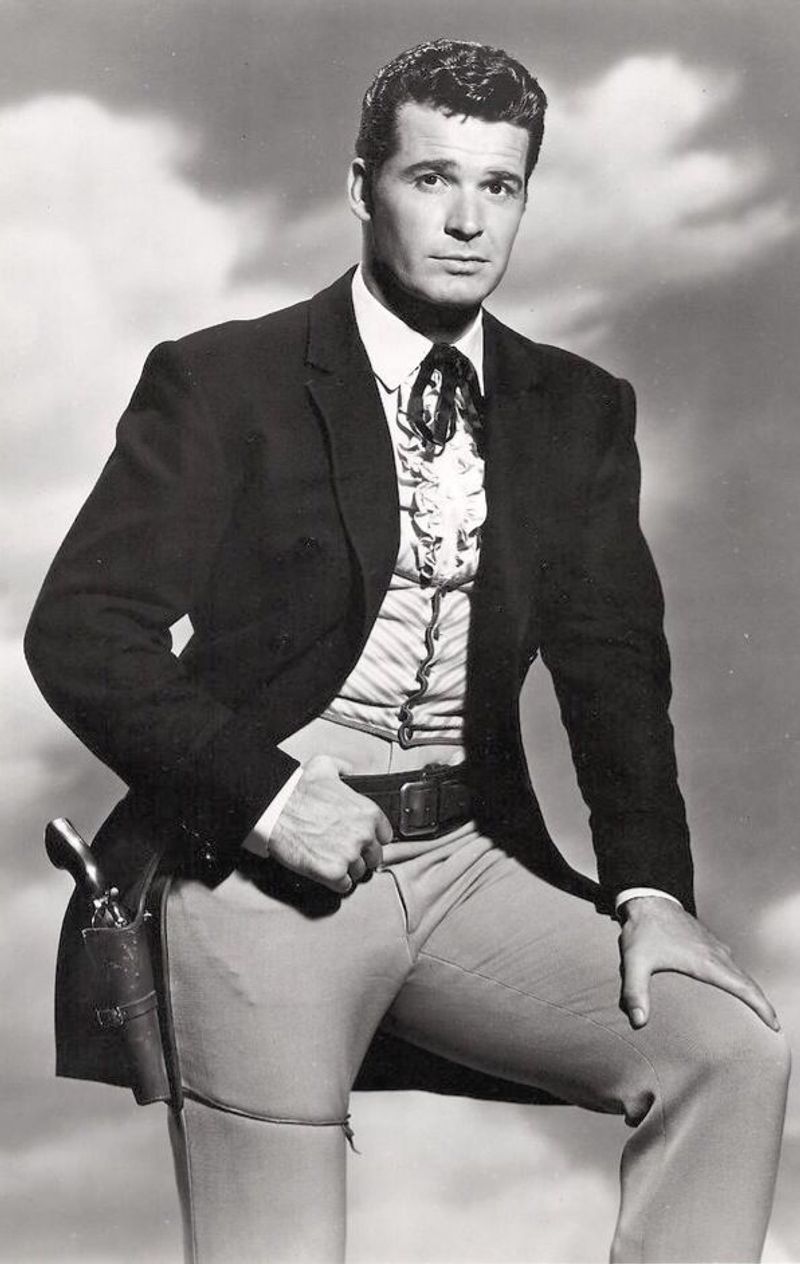
James Garner supported the Equal Rights Amendment and took a clear stand against domestic abuse and gender inequality. He openly criticized patriarchal behaviors that were normalized during his time.
Garner brought a sense of quiet strength and decency to his roles, often portraying men who listened to and respected women. Offscreen, he encouraged women in his life to pursue their passions without limitation.
He wasn’t interested in bravado—he believed in fairness. His voice added weight to feminist causes at a time when few men spoke out.
17. Gene Kelly
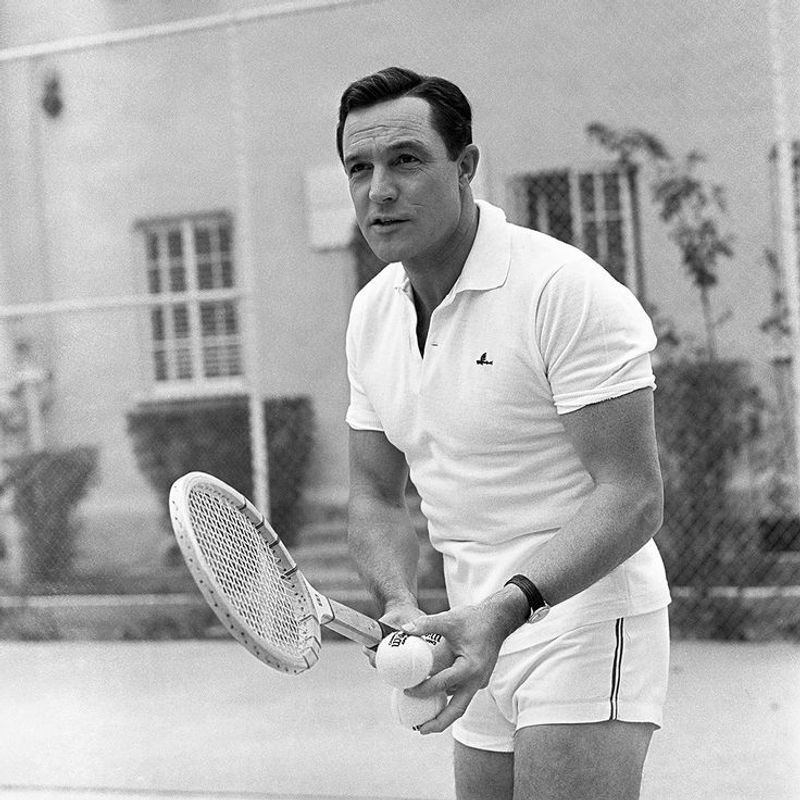
With a background in dance, Gene Kelly embraced movement and fluidity in ways that disrupted the era’s masculine ideals. But beyond his choreography, he was an advocate for gender equity in performance.
Kelly respected his female collaborators deeply, often working in true partnership to choreograph iconic scenes. He pushed back against the idea that dancing made men “less masculine.”
His work celebrated grace, equality, and creative freedom. Behind the scenes, he ensured that his co-stars received credit and respect. He was as feminist as a tap-dancing icon could be.
18. Rod Serling
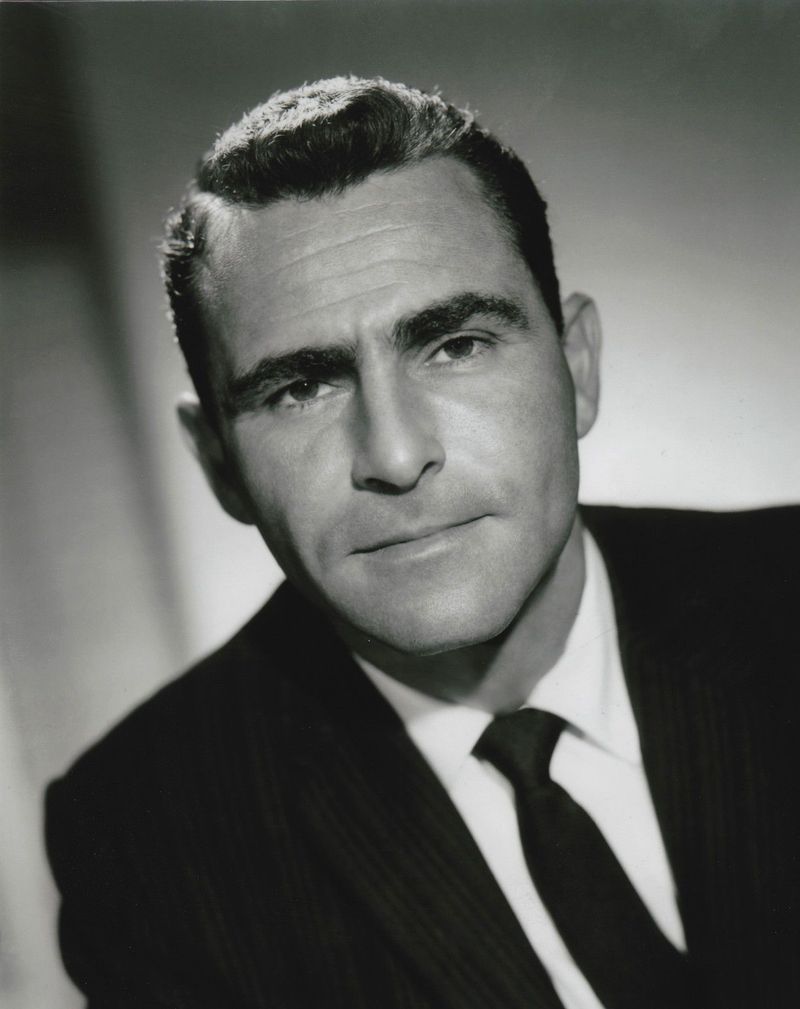
Famed creator of The Twilight Zone, Rod Serling used science fiction to critique real-world injustices—including sexism. Many of his scripts explored female agency and challenged traditional roles.
He employed women in writing and production roles when few others did and promoted themes that aligned with early feminist thought. Serling believed art should spark reflection and change.
While his stories often spotlighted dystopian warnings, they also promoted empathy and equity. He viewed the future as a place where equality wasn’t just possible—it was essential.
19. George Carlin
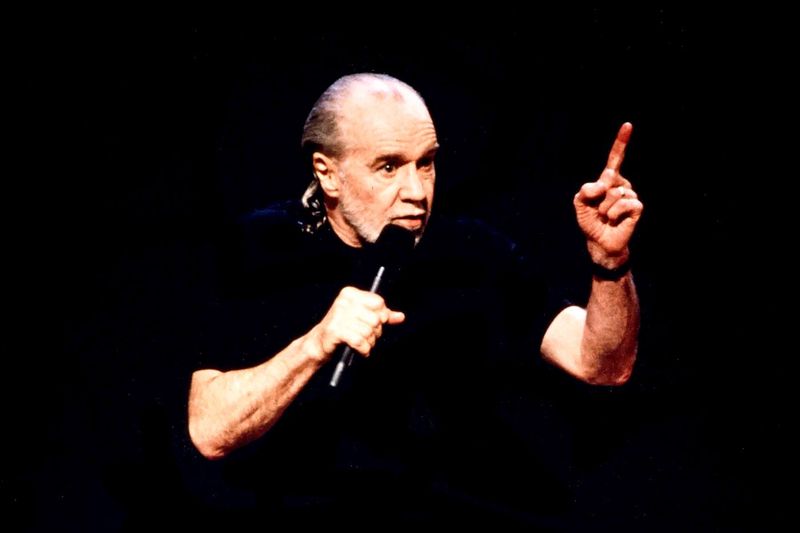
Known for his sharp tongue, George Carlin didn’t shy away from calling out societal hypocrisy—including sexism. He often eviscerated patriarchal systems in his routines with biting clarity.
Carlin’s comedy explored the absurdity of traditional gender roles and the language that perpetuated inequality. His critiques were intelligent, fierce, and deeply aligned with feminist ideology.
He believed in tearing down oppressive structures, no matter how sacred. That radical honesty made him an unlikely—but vital—voice in the fight for equality.
20. Sammy Davis Jr.
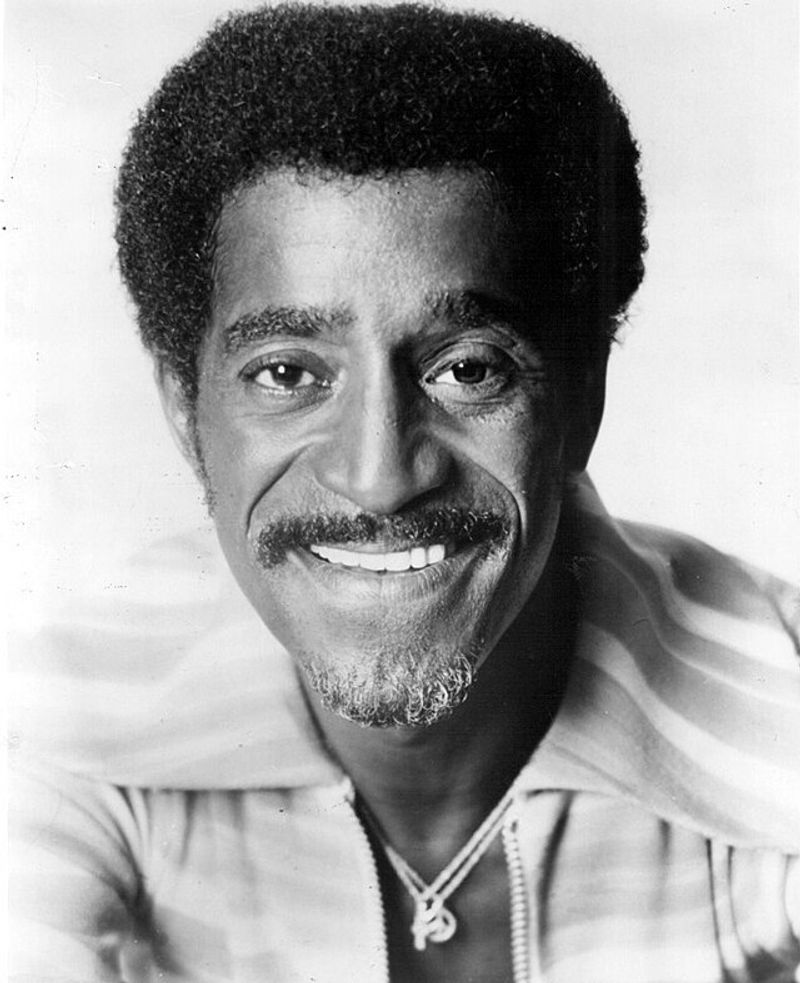
As one of the few Black entertainers to break into mainstream stardom, Sammy Davis Jr. faced barriers most couldn’t imagine. Yet, he used his platform to champion justice in all forms—including women’s rights.
He supported female entertainers, stood alongside civil rights activists like Coretta Scott King, and advocated for inclusion across race and gender. Davis believed that fighting for equality couldn’t be selective.
In both his personal and professional life, he celebrated powerful women and rejected the idea that men had to lead. His legacy is one of unity and courage.

Comments
Loading…